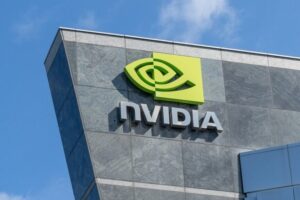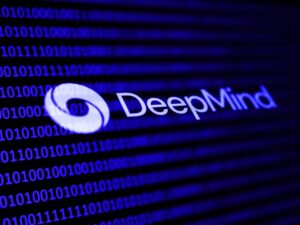Meta’s AI Leader Claims World Models Are Essential for Achieving ‘Human-Level AI’ — Potentially a Decade Away

Understanding the Future of AI: Are We Approaching Human-Level Intelligence?
The debate surrounding artificial intelligence (AI) often centers on the capabilities of modern models. Do they truly demonstrate characteristics like memory, reasoning, and planning similar to human cognition? While some AI enthusiasts might argue that we’re on the brink of achieving human-level AI, prominent figures like Yann LeCun, Meta’s chief AI scientist, maintain a more cautious perspective.
The Current State of AI Models
Recent Developments in AI
Earlier this year, OpenAI introduced a feature called "memory" in ChatGPT, enabling it to remember conversations. This new generation of models also displays signs of "thinking" during output generation and claims to engage in complex reasoning. Although these advancements seem impressive, Yann LeCun suggests that we are still quite distant from achieving true artificial general intelligence (AGI).
Skepticism About AI Progress
During a recent talk at the Hudson Forum, LeCun challenged the optimism of figures such as Elon Musk and Shane Legg, who believe that human-level AI is just around the corner. He argued that current AI models do not possess the understanding, intuition, or common sense to operate at the same level as humans. LeCun labels existing large language models (LLMs) as inadequate for achieving this level of intelligence, suggesting that humanity may be “years to decades” away from realizing such capabilities.
The Limitations of Today’s AI Systems
Predictive Models and Their Constraints
Current AI systems primarily engage in prediction, focusing on generating the next token in a sequence (for text) or the next pixel in images. As LeCun points out, while LLMs excel at predicting in one dimension, and image models in two dimensions, they lack a true understanding of our three-dimensional world. This limitation means that even the most advanced AI cannot execute simple tasks that most humans accomplish with ease.
Human Learning versus AI Learning
Humans generally learn complex tasks, like setting a dinner table or driving, quickly and intuitively. By contrast, even the most sophisticated AI models require extensive data to accomplish similar tasks—taking thousands or millions of hours of training without reliably operating within physical environments.
The Path Forward: World Models
What are World Models?
To advance AI beyond its current limitations, LeCun proposes the development of "world models." He describes these as a mental representation of how the world functions, allowing AI to simulate sequences of actions and predict their outcomes. For instance, envisioning how to clean a messy room represents a type of world model at work in your mind. From this perspective, anticipatory action planning becomes integral in achieving goals.
Advantages of World Models
World models can accommodate a larger volume of data compared to traditional LLMs, making them more robust but also more computationally intense. This intensity has led cloud service providers to partner closely with AI firms to enhance their capacities.
The Emergence of World Models in AI Research
Investment and Interest
The concept of world models has garnered substantial interest from AI researchers and investors. A noteworthy example is the recent funding of $230 million secured by AI researchers, including Fei-Fei Li and Justin Johnson, for a startup focused on world models. Their belief is that these models could significantly enhance the intelligence of AI systems.
Objective-Driven AI and World Models
In a foundational paper on "objective-driven AI," LeCun outlines a strategy for implementing world models to create human-level AI. The idea revolves around feeding a base representation of the world into a world model, which then predicts the consequences of various actions. By setting objectives and constraints, such as ensuring safety in achieving goals, a world model can begin to devise actionable sequences to realize desired states.
Progress and Challenges Ahead
While companies like Meta’s Fundamental AI Research Lab (FAIR) are actively pursuing these long-term AI developments, LeCun acknowledges that turning the concept of world models into reality is a challenging endeavor. There are significant technical hurdles to overcome, and progress remains slow. Despite calls for quicker advancements, LeCun has indicated that it may take several years or even up to a decade before we see meaningful results.
Understanding the potential of AI and the challenges it faces is crucial as we navigate this evolving landscape. While advancements such as world models hold promise, the journey to achieving human-level intelligence is just beginning.






